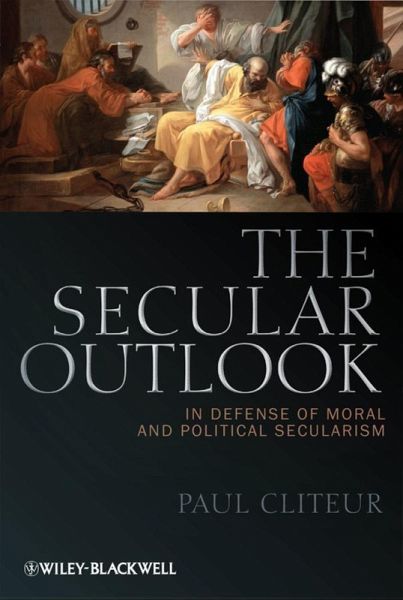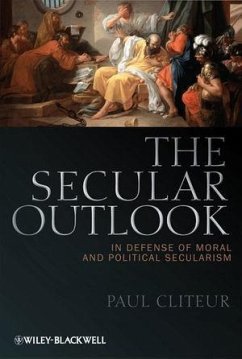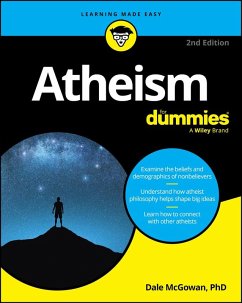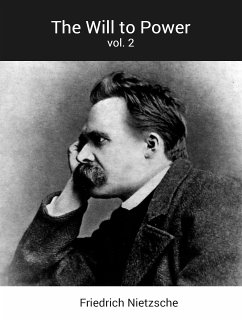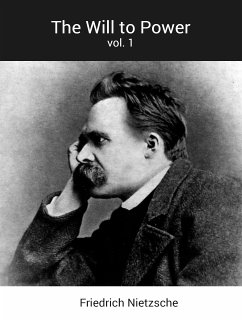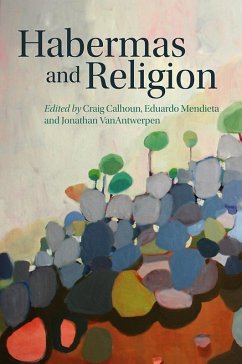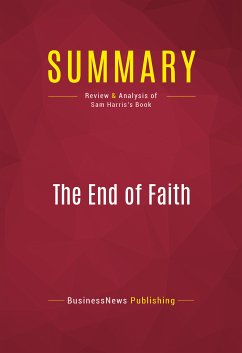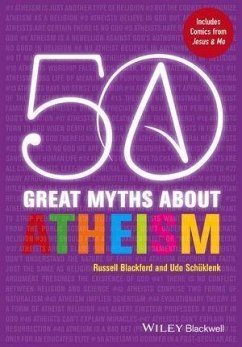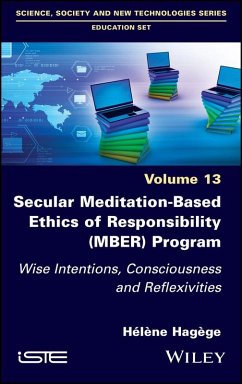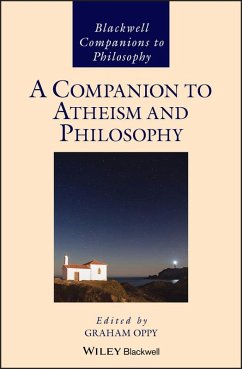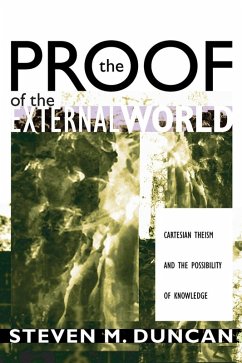"The book is a balanced account of what went wrong in defending liberal democracy in the past two decades and what is to be done to revigorate the foundations for liberal democracy ." (Acta Politica, 2011)
"The overall structure of the book is quite clear . . . Nevertheless, if I would be forced to summarise the book in its entirety, then I would claim that it can be seen as an elaborate and successful (as far
as I am concerned) defense of the view that religion derives from morality and not the other way around." (International Humanist News, 1 April 2011)
"It is a level-headed contribution to an important debate about how best to address religious fundamentalism and political fanaticism." (The Christian Century, 8
March 2011)
"Cliteur's book is timely and well written. It covers some very recent events, and offers coherent - if sometime impatient - perspectives on religion from the secular standpoint. Recommended. Upper-level undergraduates through researchers/faculty." (Choice , 1 April 2011)
"You actually have to focus on the paragraphs. That doesn't mean that the style is inaccessible or difficult - not at all, it's very readable - but this is a meaty book that asks for (and rewards) a certain amount of concentration." (Metamagician and the Hellfire Club, 7 April 2011)
"The primary goal of this book, its author says, is 'to show how religious believers and unbelievers can live peacefully together and what principles the state should try to stimulate in its citizenry to achieve social harmony and social cohesion.' He recommends a moral and political vision which he calls "a 'secular outlook' on life." Its four main components are atheism, criticism of religion, free speech, and 'moral autonomy.' Cliteur wants us to be freethinkers and to expose the ways in which sacred texts actually endorse or even encourage violence, terrorism, and injustice. Cliteur is right, of course, that free inquiry and criticism should be protected." (Notre Dame Philosophical Reviews, 6 March 2011)
"Accessible, engaging and convincing, it is the perfect tome for those who wish to learn about the ethical and logical case for a secular moral and political framework." (Tribune, 4 March 2011)
"A robust defence of the Enlightenment tradition and a must-read for those concerned by the corrosive aspects of religion on society." (Times Higher Education, 10 February 2011)
"But Cliteur challenges this interpretation, charging Armstrong with seeking to dismiss fundamentalism as a 'perversion' of religion when in fact the fundamentalists can claim to be adopting the very attitude their sacred texts demand". (Church of England Newspaper, 7 January 2011)
"The Secular Outlook is a thought-provoking discussion of how liberal, secular democracies can and should respond to extremism and a much-needed exposition of the vital importance, in that response, of rationality and an emphasis on common humanity". (New Internationalist, 1 December 2010)
"Secularism is one of those concepts that is widely used without a clear notion of what it is. Dutch humanist philosopher Paul Cliteur's The Secular Out - look: In Defense of Moral and Political Secularism supplies a theoretical clarification of what secularism is and what it is not. However, the book is more than a helpful analytical exercise-it is also an urgent plea for political and moral secularism." (Free Inquiry, October 2010)"This is a brave and timely book, a light in the gathering Endarkenment. Cliteur responds lucidly to the West's many failures of political nerve, to the new climate of rationalizing the irrational and appeasing authoritarians. He advances a powerful case for the values of freedom and reason."
--Russell Blackford, Co-editor for 50 Voices of Disbelief: Why We Are Atheists
